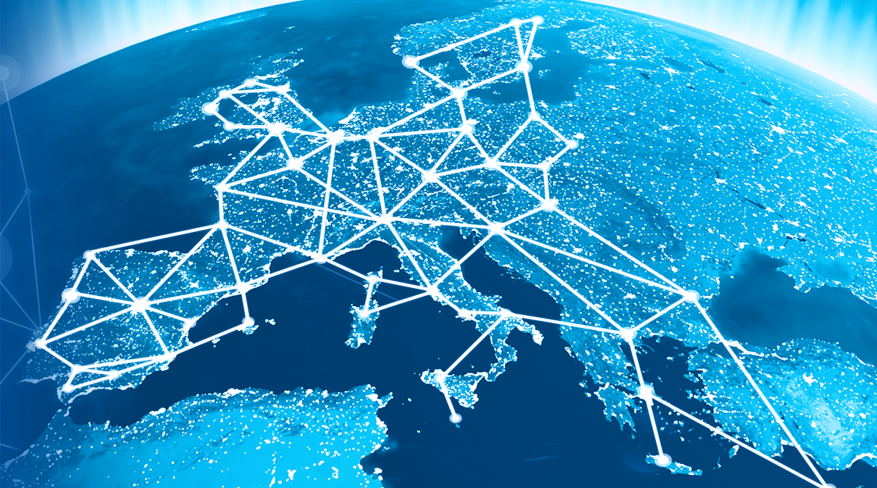The European Union is facing a major energy crisis. This has raised questions about the ability of countries to access reliable and secure sources of electricity, which in turn poses many implications for IT infrastructure projects and other digitization efforts across Europe. As a result, businesses are increasingly asking how this energy crisis could impact their digital transformation journeys and what solutions can be implemented to ensure that their technology needs remain on track despite the challenging environment. In this blog post, we will take a closer look at the current state of the European energy crisis, its potential effects on IT infrastructure, and tactics that businesses might employ to safeguard against disruption caused by unforeseen issues related to supply or availability.
The impact of the European energy crisis: what IT professionals need to know now
The European energy crisis has sent shockwaves, creating uncertainty and disruption. As a result, IT professionals need to know how to adjust their strategy to respond to this changing environment.
First and foremost, IT professionals must become more aware of the potential risks posed by the current energy crisis. Cybersecurity is paramount as companies are more vulnerable than ever due to supply disruptions. Companies should ensure they have thorough backups of data and regularly monitor any unusual activity on their networks. Additionally, it’s important to review existing energy policies and create or update plans for power-saving strategies.

Furthermore, IT professionals should be prepared to implement new technologies that can help reduce energy consumption. This could include energy-saving measures such as server pooling, virtualization, and cloud computing or more advanced technologies such as Artificial Intelligence (AI), which can help optimize energy resource use. Additionally, IT professionals should be able to develop strategies that allow for efficient data management to reduce unnecessary electricity usage.
Finally, IT professionals must prioritize sustainability by rethinking how their organizations utilize technology. Many companies are already looking for ways to make their operations more sustainable through green initiatives such as reducing paper waste, harvesting renewable energy sources, and encouraging employees to use public transportation instead of cars. These efforts may require some initial investment but can result in long-term savings when it comes to power costs over time.

How are information technologies helping to solve the energy crisis in Europe?
Information technologies are helping to solve the energy crisis in Europe by providing innovative solutions that allow for increased efficiency, smarter decision-making, and more sustainable energy sources. For example, smart grid systems can monitor and optimize electricity flow between consumers and producers, increasing efficiency while reducing waste. In addition, the rise of renewable energies, such as solar power, has opened up new opportunities for sustainable power generation. Furthermore, big data analytics allows governments to make better decisions regarding energy use and production policies, such as setting carbon emissions targets or subsidizing green initiatives. Finally, digital communication platforms have enabled citizens to become engaged with the energy transition process through their own engagement with renewable technology or other forms of public participation. By enabling these changes with information technology, Europe is taking clear steps toward a more sustainable future.
In the end, it all comes down to using technology in smart and innovative ways that make energy more efficient, sustainable, and accessible. Technologies such as artificial intelligence (AI), robotics, and the Internet of Things (IoT) are set to revolutionize how we produce and consume energy, ultimately helping Europeans move away from traditional energy sources towards cleaner, greener alternatives. As Europe continues to invest heavily in renewable energy infrastructure, these new technologies will play a vital role in ensuring the continent meets its ambitious carbon reduction targets while providing secure access to clean energy for all European citizens. Intelligent use of information technologies and investment in renewable sources could be the key to unlocking Europe’s energy future.
![The [204] Design Collective](https://www.the204designcollective.com/wp-content/uploads/PIC-LOGO_2.png)



